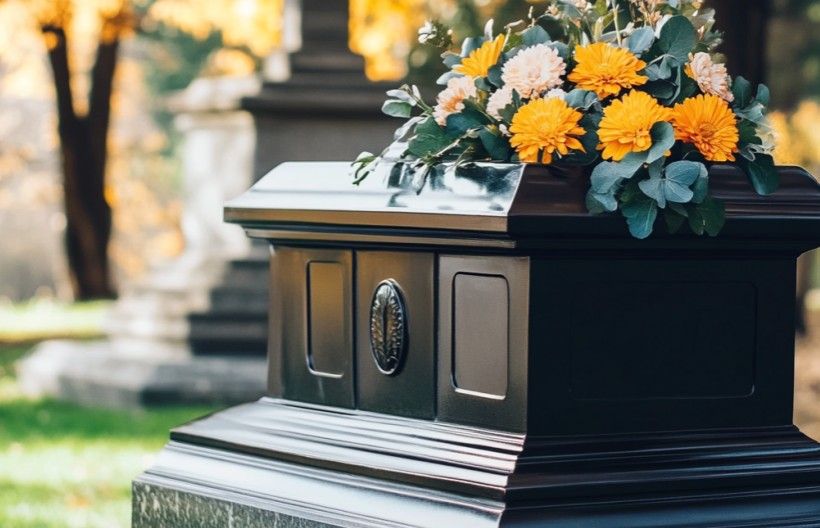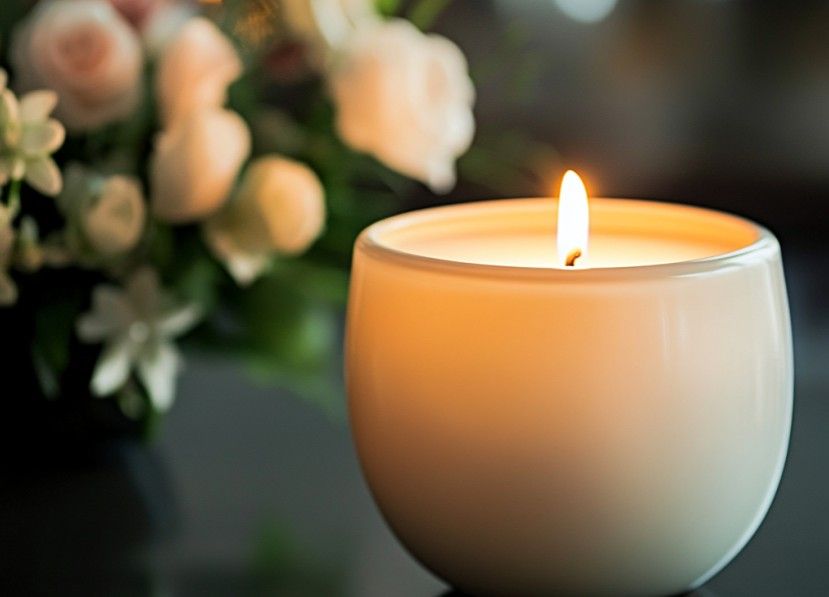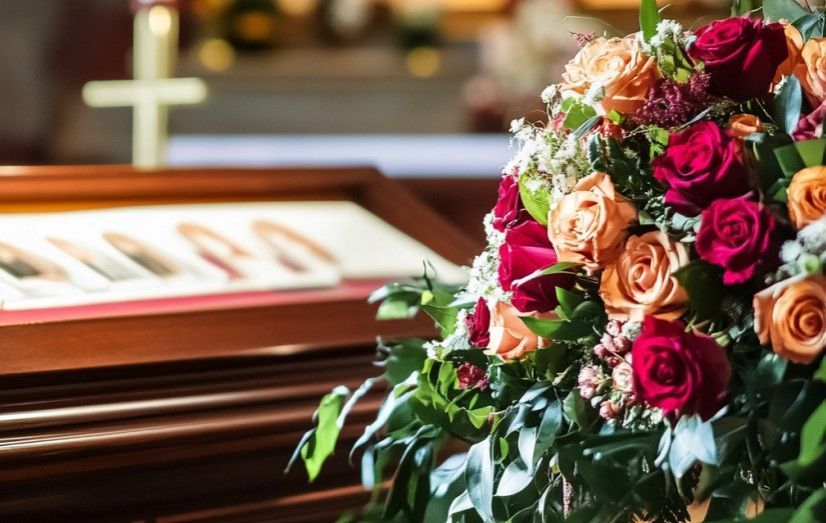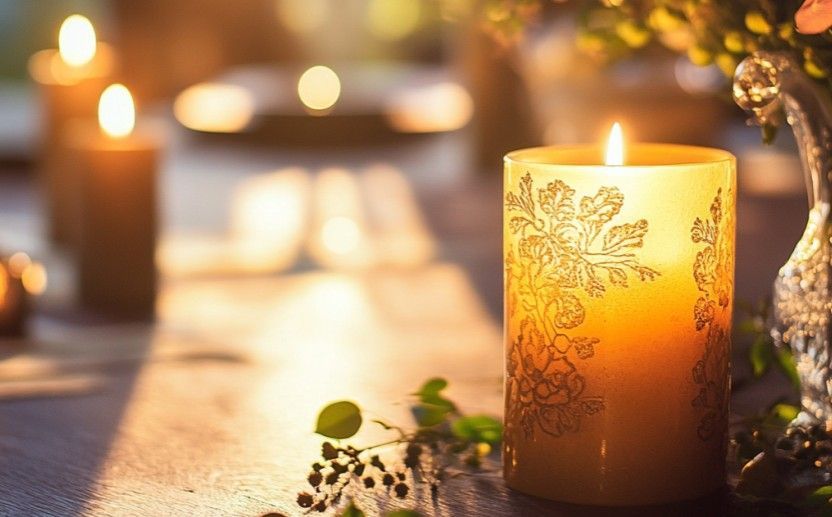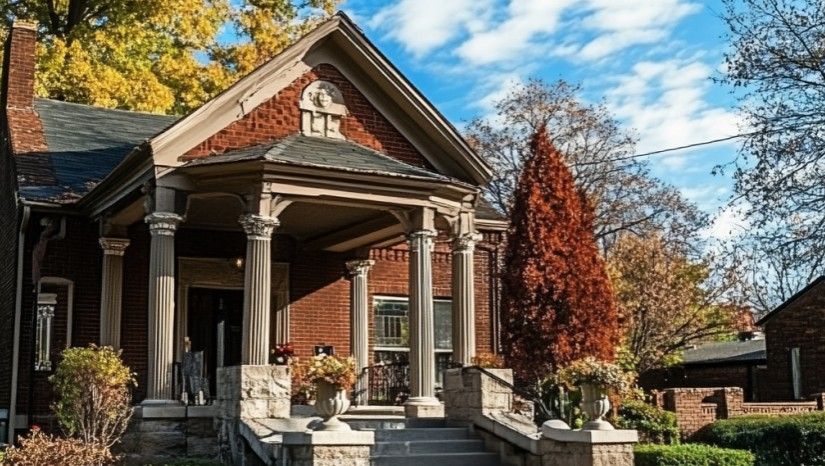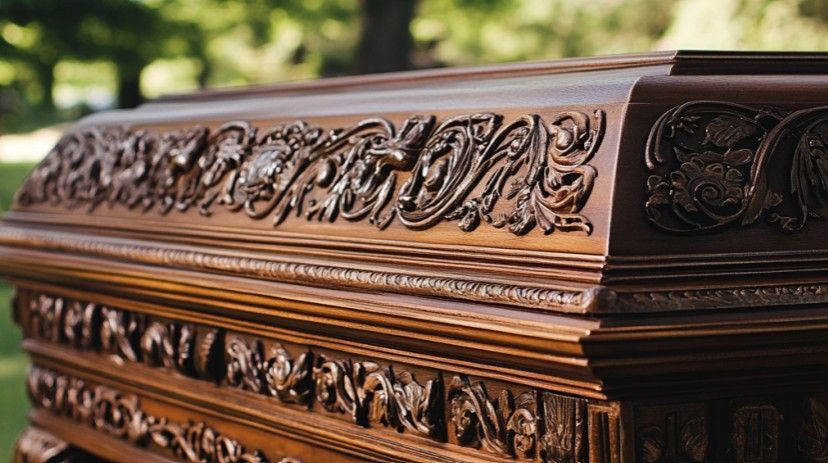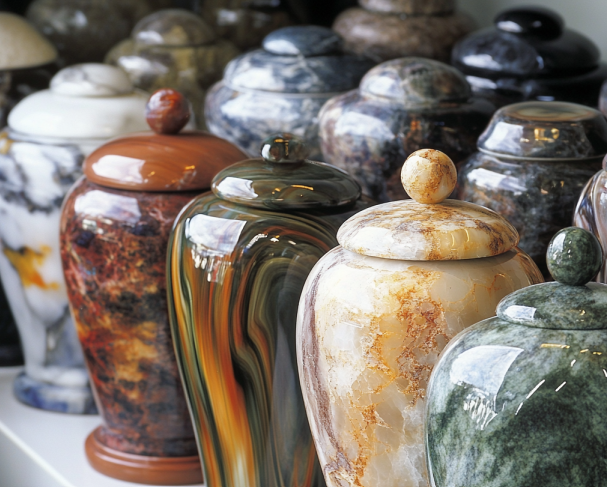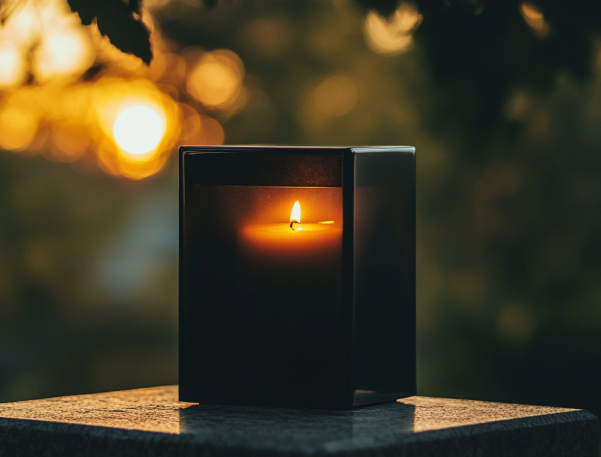Cultural and Religious Perspectives on Cremation
Gain insights on cremation practices from different cultural and religious perspectives. Learn how these different beliefs shape clients' end-of-life choices.
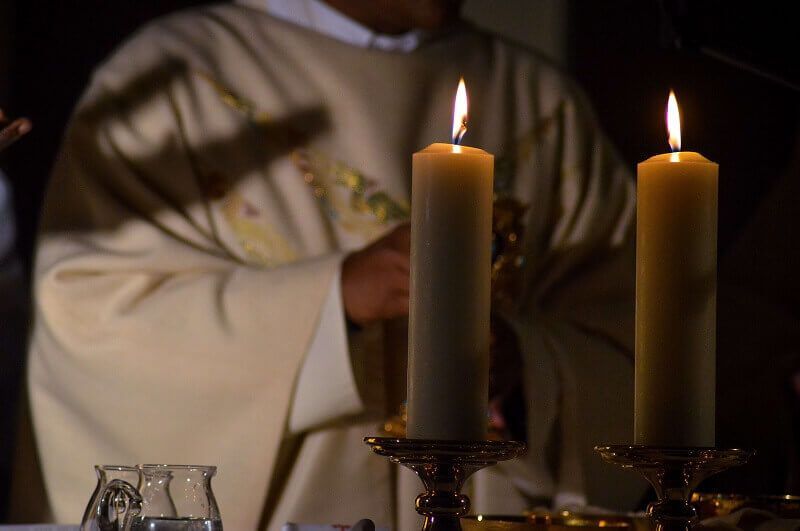
Cremation is a widely accepted and popular afterlife practice in many cultures and religions worldwide. However, it is essential to understand that various cultural and religious perspectives on cremation exist, and they shape how people approach the end-of-life ritual. And for those searching for cremation services in Ridge, NY, understanding these perspectives can help in making informed decisions.
Historical and Cultural Perspectives on Cremation
Cremation has been done for thousands of years in various civilizations across the world. The ancient Greeks and Romans believed that cremation released the spirit from the body, allowing it to proceed to the afterlife. In India, cremation is the traditional method of final disposition and is seen as an important part of Hindu culture. In Japan, cremation is the preferred method of final disposition due to limited space for burials. In recent years, cremation has also been more widespread in the United States, with more than half of the population choosing cremation as their end-of-life care.
Religious Perspectives on Cremation
A. Cremation in Hinduism
In Hinduism, cremation is the traditional and preferred method of disposing of the body after death. Hindus believe in the cycle of reincarnation and that cremation helps to release the soul from the physical body, allowing it to move on to the next life. The ashes are then typically scattered in a sacred body of water, such as the Ganges River.
B. Cremation in Buddhism
Buddhism also views cremation as a way to release the soul from the physical body and help it move on to the next life. However, unlike Hinduism, the ashes are not necessarily scattered in a sacred body of water. In fact, in some Buddhist cultures, the ashes are kept in a stupa, which is a dome-like structure that serves as a memorial to the deceased.
C. Cremation in Christianity
Christianity has traditionally been more hesitant about cremation, but this attitude has changed in recent decades. While some Christian denominations still prefer burial, cremation is now accepted in many churches. The Catholic Church initially opposed cremation, but it is now allowed as long as it is not chosen for reasons that conflict with Christian beliefs. For example, the ashes should not be scattered, divided, or kept at home, but should be buried in a cemetery or placed in a columbarium.
D. Cremation in Islam
Islam strictly prohibits cremation and considers it to be haram (forbidden). Muslims believe that the body is a gift from Allah and should be returned to the earth as it was. The body is washed, wrapped in a white cloth, and buried within 24 hours of death, without embalming or cremation.
E. Cremation in Judaism
Judaism traditionally forbids cremation, as it is seen as a form of desecration of the body. Jewish law requires that the body be buried as soon as possible after death, without any delay, and preferably within 24 hours. Embalming is not allowed, and the body must be buried in a simple, plain wooden casket.
Conclusion
Cultural and religious perspectives on cremation vary widely, and it is important to respect and understand them when making end-of-life arrangements. For those considering cremation, it is important to consider the customs and rituals of your own culture or religion, as well as those of your loved ones. Funeral homes in Ridge, NY can provide guidance and support in navigating these traditions and can help create a meaningful and respectful funeral service.

